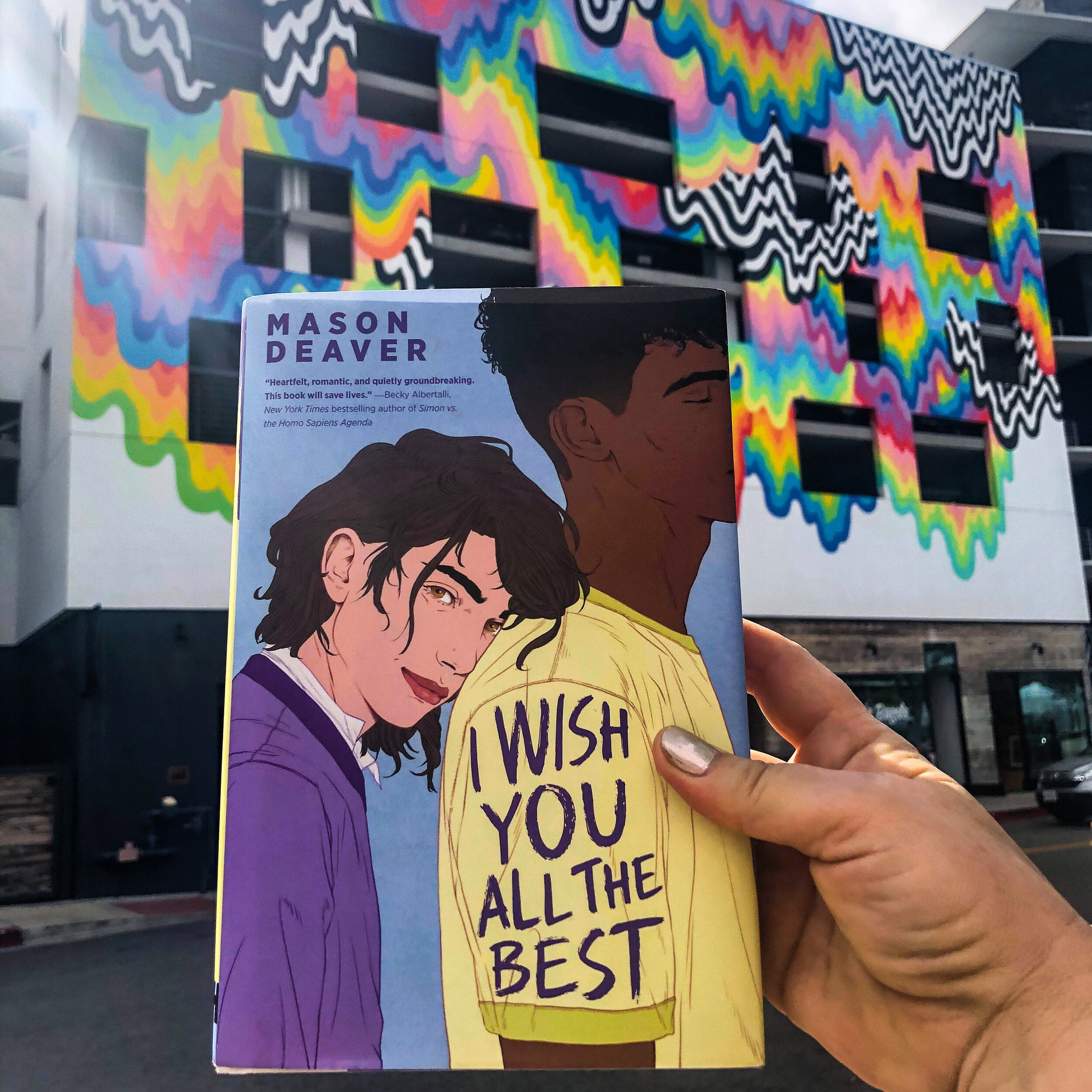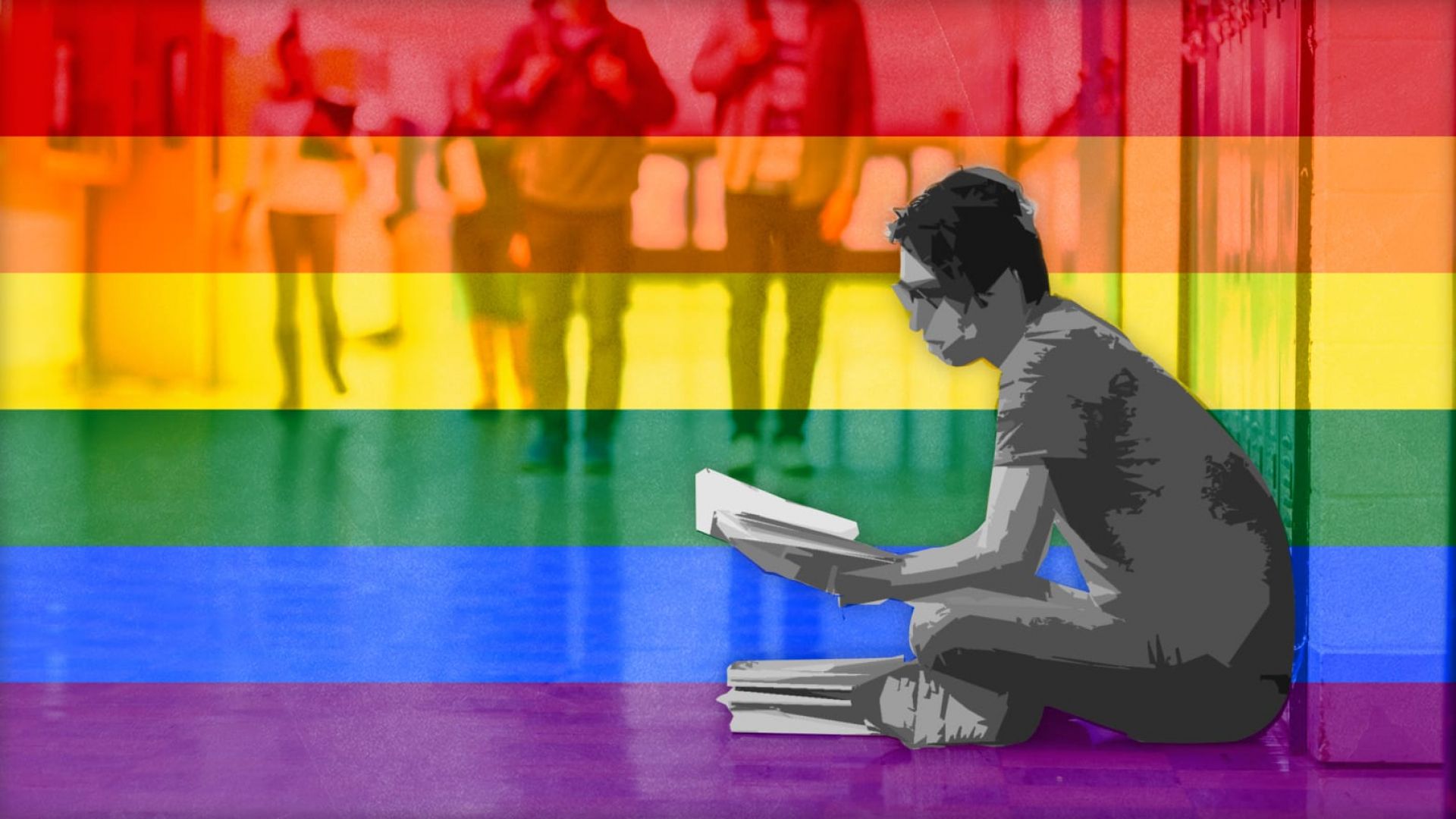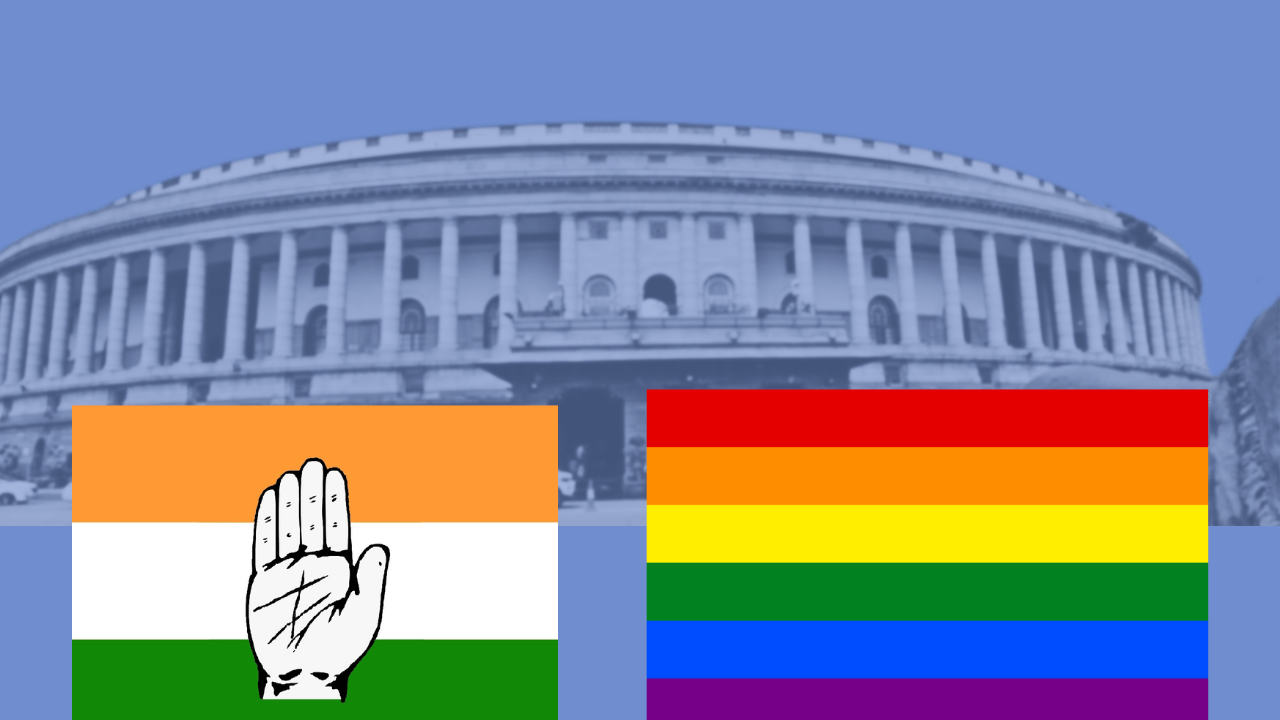Editor’s Note: FII’s #MoodOfTheMonth for June 2022 is Pride Solidarity. We invite submissions on the many layers of this theme throughout the month. If you’d like to contribute, kindly refer to our submission guidelines and email your articles to sukanya@feminisminindia.com
As a socially aware reader, I always try to read widely. I try to do this by ensuring that I am reading books by and books about people from different cultures, religions, castes, classes, genders, etc. In my attempt to diversify my reading this pride month and be a more responsible, informed ally, I chose to read I Wish You All the Best by Mason Deaver.
The protagonist of the book is a person named Ben, who comes out as non-binary to their parents. For the uninitiated, non-binary or genderqueer people are individuals who do not identify as solely male or female and have gender expressions outside the gender binary. After this, Ben is asked to leave their house. The story then follows Ben, as they adjust to their new life and overcome their struggles.
Non-binary representation in culture is far and few in between. While there has been an increased representation of gay, lesbian, and bisexual people in the media, non-binary representation is still abysmal. This is why I believe that I Wish You All the Best was an important read for me, and must be talked about.

The book is both ordinary and extraordinary in different ways. It feels familiar and relatable because like all other young adult fiction, it is about a teenager coming to terms with themselves, their identity, and their life. It is extraordinary because of the non-binary protagonist, which is unfortunately still a skewed presence in fiction.
I did find myself stumbling at times, particularly because I am not used to reading the pronouns “they/them” when referring to a single person, but I also discovered that I was learning and familiarising myself with something incredibly important in the process. As many theorists, particularly those working in post-colonial studies underline, what we read becomes our inner voice, and I wanted my inner voice to not only know but be respectfully familiar with using all the pronouns that other individuals identify with.
One argument that often comes up when people refuse to use the correct pronouns for non-binary people is that they are grammatically incorrect. Well, language is ever-evolving. As linguists will tell you, language changes with use. Human beings do not depend on dictionaries, dictionaries are created and updated by human beings
Upon careful reflection and research, it will be easy to see how gender binary as a construct has its roots in Western philosophy. Many cultures all over the world recognise more than two genders. Some of these include the warias of Indonesia, the two-spirit people of North America, the muxe of Mexico, and so on. We had societies like the Yoruba in Nigeria, where gender as a social category did not exist at all before their encounter with the West.
More and more people all over the world are questioning the restrictive narrative of gender that has been handed down to them. A 2021 CNN report found that there are over one million people in the U.S alone who identify as non-binary, the majority of them being under 29 – the generation that grew up with the internet and therefore, has access to information that is not easily available at home. Another study by the Trevor Project found that 26 percent of LGBTQIA+ people identify as non-binary.
These numbers are very telling. However, they also need to be supplemented with non-binary representation in the popular culture so that young (and older) people have someone to identify with. Celebrities like Demi Lovato, Sam Smith, and Brigette Lundy-Paine have come out as non-binary and popular shows like Sex Education on Netflix have included some much-needed non-binary representation that popular media woefully lacks.
Books like I Wish You All the Best also do the same, telling stories that urgently need to be told. Engagement with them as consumers of popular culture must be done consciously, for us to move towards a more inclusive society.
Also read: What Are Gender Pronouns And Why Should We Use Them Accurately?

I am certain that there are people (including me) who want to do better and be better allies. That can be done through various methods. One is, of course, being supportive of someone who does not identify with the conventional gender categories. But we can also do more than that. We can spread awareness, challenge people’s perspectives, use gender-inclusive pronouns correctly, and constantly try to learn from and listen to queer experiences. Hopefully, in the near future, a non-binary protagonist will not seem sensational or unusual, rather, their identity will be just another facet of our diverse co-existence
One argument that often comes up when people refuse to use the correct pronouns for non-binary people is that they are grammatically incorrect. Well, language is ever-evolving. As linguists will tell you, language changes with use. Human beings do not depend on dictionaries, dictionaries are created and updated by human beings.
Here is an example: Merriam-Webster notes that there was a time when ‘you’ was only used to refer to plural subjects and ‘thou’ was used to refer to singular subjects. However, as language evolved, ‘you’ began being used as both, a singular and plural pronoun, and replaced ‘thou’ altogether. This also makes me think, that if ‘you’ can be used for both singular and plural nouns, why does the same flexibility with ‘they’ make us argue about semantics?
In fact, in 2015, the 200 linguists at the American Dialect Society declared the singular “they” as the word of the year. Merriam-Webster and the Oxford dictionary, now reflect the singular usage of “they“.
There will still be challenges, I am sure because our language is so gendered. In I Wish You All the Best, there is a moment where Ben’s sister, Hannah, calls them ‘bro’ which makes Ben very uncomfortable. But they quickly settle on ‘sib’. But what happens where there are no easy ways out?

When will Disney decide to make a movie about a non-binary protagonist who is royalty? Even if they were to make one, there is no consensus on the non-binary version of ‘Prince/Princess, and maybe they would add an X at the end, or perhaps, they would just use ‘Royal’. The point is that we do not have all the answers, but we will eventually get there.
I am certain that there are people (including me) who want to do better and be better allies. That can be done through various methods. One is, of course, being supportive of someone who does not identify with the conventional gender categories. But we can also do more than that.
We can spread awareness, challenge people’s perspectives, use gender-inclusive pronouns correctly, and constantly try to learn from and listen to queer experiences. Hopefully, in the near future, a non-binary protagonist will not seem sensational or unusual, rather, their identity will be just another facet of our diverse co-existence.
Also read: Questions About My Gender From ‘Well Wishers’: Responses Of A Gender Fluid, Non-Binary Individual
Priyanka Kedia is currently pursuing MA in English from Delhi University. She like exploring feminist and postcolonial themes in pop culture and literature. Wordplay makes her synapses fire faster than the speed of light. You may find her on Instagram
Featured Image Source: She Read He Said





Keep it up, Priyanka!😀
An essential addition to the much underrepresented non-binary literature and culture.
Exploring and normalising pronouns though not a big but are important steps in the right direction.
Informative article, will definitely try to read the book to understand more and be a better ally!